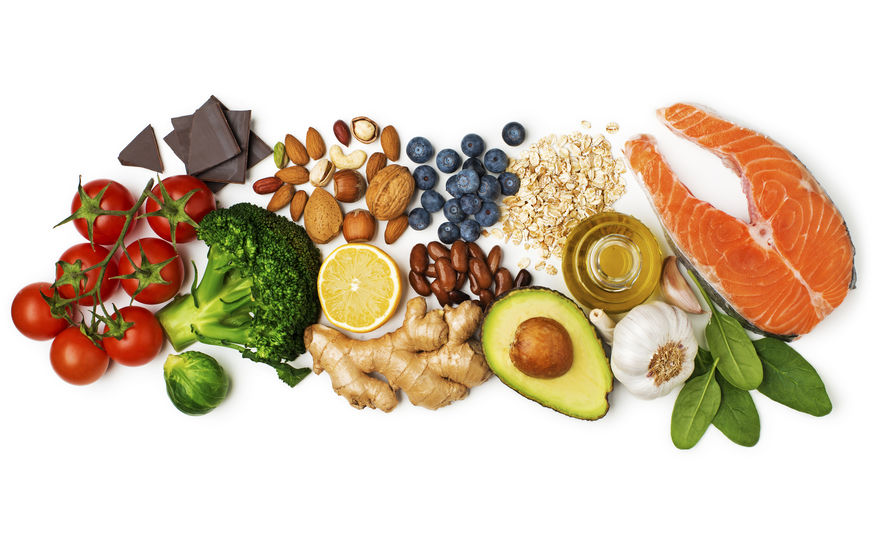Best diet for diabetics? If you suffer from diabetes, you may be confused about the best diet for diabetes. You may wonder what you should eat to control your blood sugar and to keep it from spiking.
Introduction
Maintaining a healthy weight is important for everyone, but if you have diabetes, excess weight may make it harder to control your blood sugar levels and may increase your risk for some complications. Losing weight can be extra challenging for people with diabetes.
Eating healthfully while you try to reduce weight is important for everyone, but if you have diabetes, choosing the wrong diet could harm your health. Weight loss pills and starvation diets should be avoided, but there are many popular diets that may be beneficial.
What’s the best diet for diabetics?
If you have diabetes and are looking for the best diet for diabetics, you should focus on eating lean protein, high-fiber, less processed carbs, fruits, and vegetables, low-fat dairy, and healthy vegetable-based fats such as avocado, nuts, canola oil, or olive oil. You should also manage your carbohydrate intake. Have your doctor or dietitian provide you with a target carb number for meals and snacks. Generally, women should aim for about 45 grams of carb per meal while men should aim for 60. Ideally, these would come from complex carbs, fruits, and vegetables.
The American Diabetes Association offers a comprehensive list of the best foods for those with diabetes. Their recommendations include:
- beans
- berries
- low- or nonfat milk
- whole grains, such as brown rice and whole-wheat pasta
- nuts
- sweet potatoes
- low- or nonfat yogurt
- poultry
- nonstarchy vegetables such as asparagus, broccoli, collard greens, kale, and okra
- eggs
- oily fish such as salmon, mackerel, tuna, and sardines
Staying hydrated is also important when it comes to overall health. Choose noncaloric options such as water and tea whenever possible.
Foods to reduce
For people with diabetes, there are certain foods that should be limited. These foods can cause spikes in the blood sugar or contain unhealthy fats.
They include:
• processed grains, such as white rice or white pasta
• fruits with added sweeteners, including apple sauce, jam, and some canned fruits
• full-fat dairy
• fried foods or foods high in trans fats or saturated fats
• foods made with refined flour
• any food with a high glycemic load
The dietary approach to stop hypertension (DASH) plan
The DASH plan was originally developed to help treat or prevent high blood pressure (hypertension), but it may also reduce the risk of other diseases, including diabetes. It may have the additional benefit of helping you lose weight. People following the DASH plan are encouraged to reduce portion sizes and eat foods rich in blood pressure-lowering nutrients, such as potassium, calcium, and magnesium.
The DASH eating plan includes:
• lean protein: fish, poultry
• plant-based foods: vegetables, fruits, beans, nuts, seeds
• dairy: fat-free or low-fat dairy products
• grains: whole grains
• healthy fats: vegetable oils
People with diabetes on this plan are advised to reduce their sodium intake to 1,500 milligrams per day. The plan also limits sweets, sugary beverages, and red meats.
The Mediterranean diet
The Mediterranean diet is inspired by traditional foods from the Mediterranean. This diet is rich in oleic acid, a fatty acid that occurs naturally in animal and vegetable-based fats and oils. Countries that are known for eating according to this diet pattern include Greece, Italy, and Morocco.
A Mediterranean-type diet may be successful in lowering fasting glucose levels, reducing body weight, and reducing the risk of metabolic disorder, according to a study in Diabetes Spectrum.
Foods eaten on this diet include:
• Protein: poultry, salmon and other fatty fish, eggs
• Plant-based foods: fruits, vegetables like artichokes and cucumbers, beans, nuts, seeds
• Healthy fats: olive oil, nuts such as almonds
Red meat may be consumed once per month. Wine may be consumed in moderation, as it may boost heart health. Remember to never drink on an empty stomach if you are on medications that raise the level of insulin in the body.
Click here to read full article on the best diet for diabetics.






